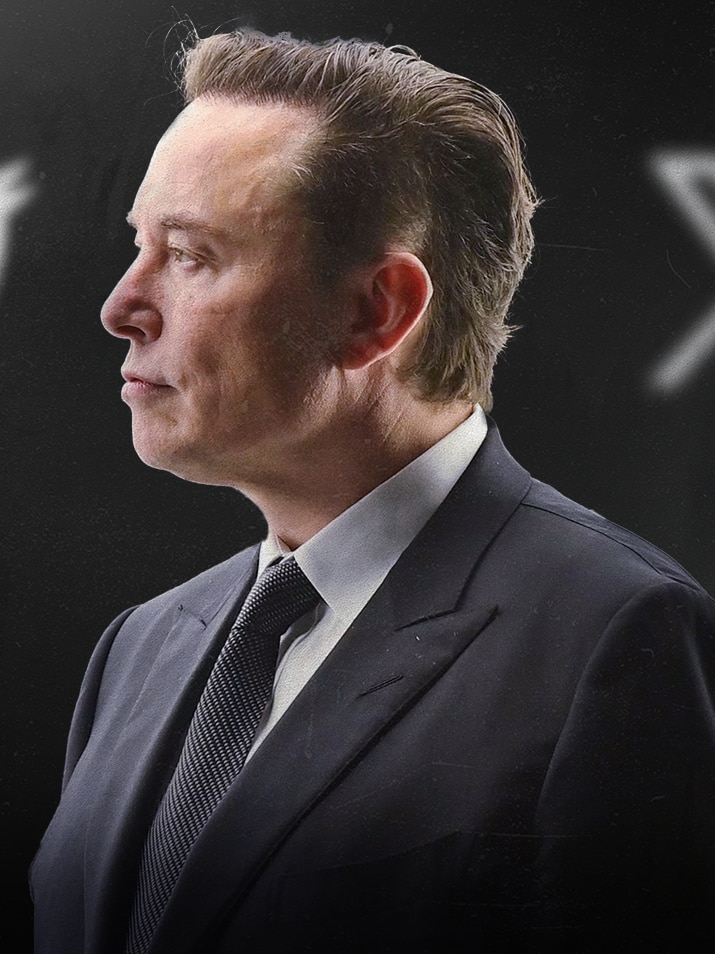Governments and social media giants are facing a reckoning.
On one front, the Australian government has called for Elon Musk’s X (formerly known as Twitter) to remove a video of the Wakeley church stabbing from its platform.
On the other, it’s battling Meta to pay for Australian news to be shared on its platforms Facebook and Instagram.
US President Joe Biden has recently signed a bill that would ban TikTok in the United States, citing security concerns, and in China, Facebook and Twitter are among a long list of platforms already banned.
But what would happen if Australia took a similar route and banned social media platforms altogether?
Can the Australian government ban social media?
According to business futurist Morris Misel, “anything is possible”, but whether governments would go that far is a different question.
“If there’s a desire to make it happen, it can,” Mr Misel said.
He said part of his work as a futurist was looking at why things were important to humans — and in the case of social media, it was the ability to “peer over the fence” and see how other people lived.
“[It’s] trying to understand what somebody else is doing, trying to use people’s gossip, trying to share news, trying to share information, that at its core, is difficult to make disappear,” he said.
“It seems so ingrained in our society and conversations that we can’t imagine a world without it.
“The core of what it offers, I don’t think we can make this appear [elsewhere].”
Mr Misel said we would never really go back to a time when social media didn’t exist. It would likely just be replaced with something else.
“We may as a society culturally decide we’ve had enough of it and just begin not to use it, but I can’t see that happening,” Mr Misel said.
He said the topic of social media access was “very specific to western countries” and those that had access to the internet.
“Four-point-six billion people on the planet out of 7-point-something billion have access to social media and use it every day.
“But the rest of the world doesn’t have it. They may want it, but they don’t have it and are still managing to go on.”
‘Embedded in our lives’
Lisa Given, a professor of information sciences at RMIT University, said social media had become too entwined in our lives to easily remove it.
“I think it’ll be very, very challenging actually, to completely eliminate social media in the way that we use it today,” Professor Given said.
“An individual platform may disappear the same way we’ve seen MySpace disappear.
“Certain things become more popular, less popular, but something always seems to pop up again to fill the gap.”
Professor Given said technology today had a range of different uses, but social media had one key feature that many people would continue to seek.
“We don’t just use it to look for information or to read a book or to listen to music, we use it to engage with other people and that’s really where it’s become kind of embedded in our lives.”
She said, like technology in general, social media would continue to grow and evolve over time.
“Social media has been around for a very, very long time, even though the types of social media might look different or feel different than they did from the early days.”
What would happen if social media were banned completely?
Mr Misel agreed that banning one platform, such as X, would lead another one to pop up in its place.
“If the government does close it down, does want to get rid of it and somehow succeed in it, it’s a leaky sieve because many people could find a way around it as they do in countries that have tried to do similar things,” he said.
It’s also unlikely society could return to a time when social media was not a part of our daily lives, Mr Misel said.
“Even though we claim nostalgically, romantically that we want to [go back] … we’re just not that kind of a beast,” he said.
Professor Given recalls that when social media wasn’t in full use, communication and the way we lived were very different.
“It took longer, because you didn’t have as easy a way to do that kind of real-time engagement, and to get kind of automatic feedback from people,” she said.
“The challenge now is if every single platform disappeared, what would we do? What would we have left?”
Apart from new platforms generating in place of old ones, other systems of communication would still exist.
“We’d still be dealing with email, with systems like Teams or Zoom to talk to people via video conferencing, we’d still have the ability to text and call,” Professor Given said.
Life would go on, but it seems we won’t be returning to a time before Facebook or X anytime soon.




